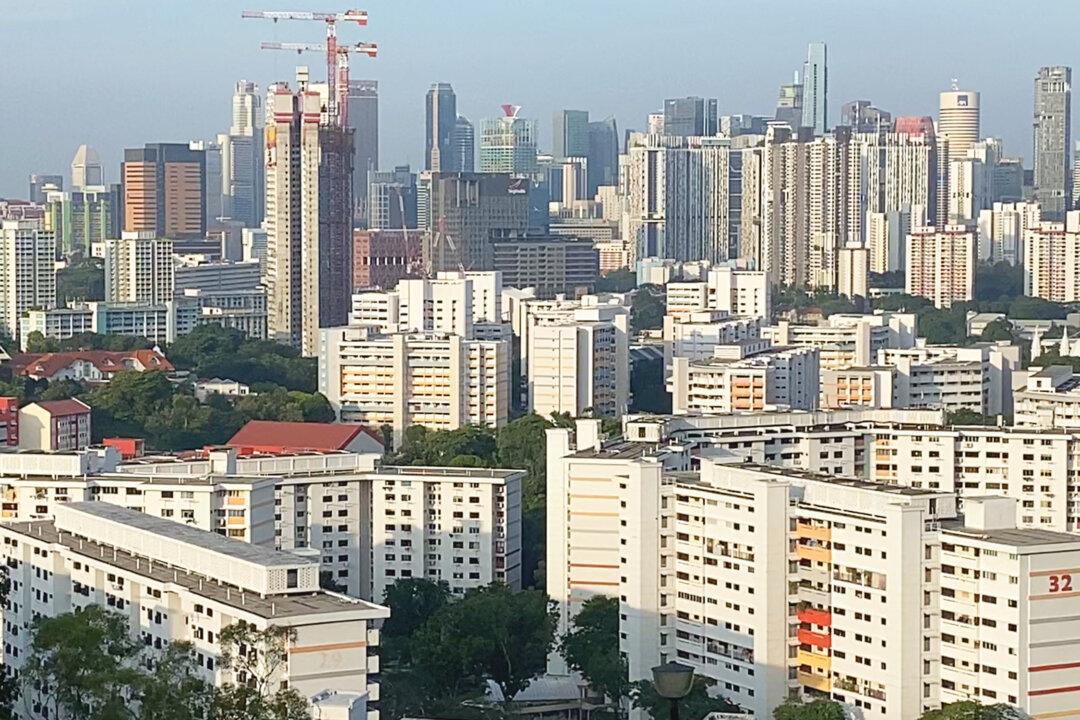Homebuyers should “exercise prudence” in taking out new mortgages as interest rates are expected to increase, the Monetary Authority of Singapore (MAS) said in its Financial Stability Review released on Dec. 6, 2021.
It also advised against undertaking new loan commitments for highly leveraged households.




